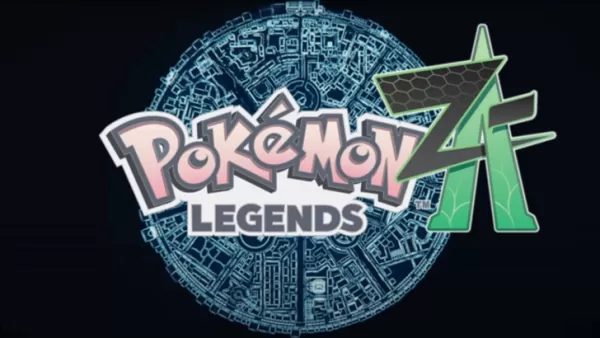Netflix CEO Ted Sarandos has boldly claimed that the streaming giant is "saving Hollywood," asserting that the traditional theatergoing experience is "an outmoded idea for most people." Speaking at the Time100 Summit, Sarandos emphasized that despite the challenges faced by Hollywood, including the migration of production away from Los Angeles, the shrinking theatrical window, and a decline in the overall cinema experience, Netflix remains a beacon of hope for the industry. "No, we’re saving Hollywood," he declared, highlighting the company's focus on delivering content in a way that aligns with consumer preferences. "We deliver the program to you in a way you want to watch it," Sarandos added, reinforcing Netflix's consumer-centric approach.
Addressing the downturn in box office sales, Sarandos posed a rhetorical question to the audience: "What is the consumer trying to tell us? That they’d like to watch movies at home." While he expressed a personal fondness for the theater experience, he acknowledged that it may not resonate with the majority anymore. "I believe it is an outmoded idea, for most people," he stated, though he noted it's not a universal sentiment.
Given Sarandos's position at the helm of Netflix, it's unsurprising that he champions streaming over traditional cinema. His perspective aligns with the company's interests, as streaming continues to reshape the entertainment landscape. Hollywood's struggles are well-documented, with films like "Inside Out 2" and "A Minecraft Movie" buoying the industry, while even Marvel movies, once guaranteed blockbusters, now face uncertainty at the box office.
The question remains: Is the cinema experience truly outdated? Last year, acclaimed actor Willem Dafoe echoed similar sentiments, noting a shift towards home viewing. "Which is tragic, because the kind of attention that people give at home isn’t the same," Dafoe lamented, emphasizing the social and cultural role that cinemas play. He expressed concern over the diminishing attention span for more challenging films and the loss of the communal experience that theaters offer. "More difficult movies, more challenging movies can not do as well, when you don’t have an audience that’s really paying attention. That’s a big thing. I miss the social thing of where movies fit in the world. You go see a movie, you go out to dinner, you talk about it later, and that spreads out. People now go home, they say, ‘Hey, honey, let’s watch something stupid tonight,’ and they flip through and they watch five minutes of 10 movies, and they say, forget it, let’s go to bed. Where’s that discourse found?"
In 2022, renowned filmmaker Steven Soderbergh offered his perspective on the future of movie theaters amidst the rise of streaming services. He acknowledged the ongoing appeal of cinemas but stressed the importance of attracting younger audiences to ensure the longevity of the theater experience. "I think people still want to go out," Soderbergh noted, recognizing the allure of movie theaters as a destination. He emphasized that the future of cinema lies in programming and engagement, not merely in the timing of releases. "There's still an appeal to seeing a movie in a movie theater. It's still a great destination. And it really depends, I think, on our ability to attract, to convince the older audiences to continue to come out [...] It has nothing to do with windowing," Soderbergh concluded, highlighting the need for a strategic approach to keep cinema-going vibrant in the age of streaming.















